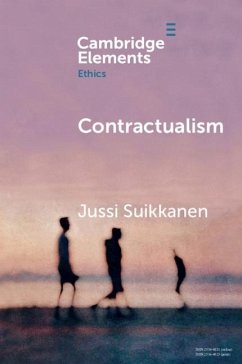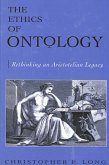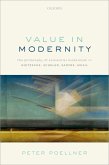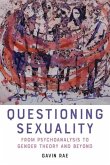This Element begins by describing T.M. Scanlon's contractualism according to which an action is right when it is authorised by the moral principles no one could reasonably reject. This view has argued to have implausible consequences with regards to how different-sized groups, non-human animals, and cognitively limited human beings should be treated. It has also been accused of being theoretically redundant and unable to vindicate the so-called deontic distinctions. I then distinguish between the general contractualist framework and Scanlon's version of contractualism. I explain how the general framework enables us to formulate many other versions of contractualism some of which can already be found in the literature. Understanding contractualism in this new way enables us both to understand the structural similarities and differences between different versions of contractualism and also to see the different objections to contractualism as internal debates about which version of contractualism is correct.
Dieser Download kann aus rechtlichen Gründen nur mit Rechnungsadresse in A, B, BG, CY, CZ, D, DK, EW, E, FIN, F, GR, HR, H, IRL, I, LT, L, LR, M, NL, PL, P, R, S, SLO, SK ausgeliefert werden.









